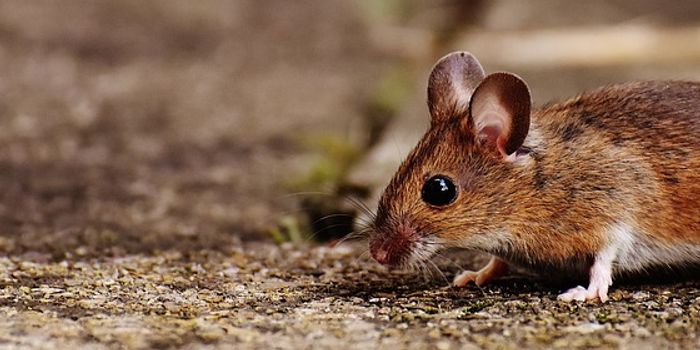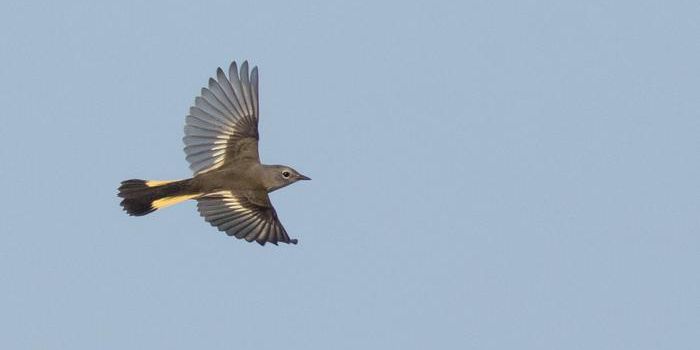For Fruit Flies, Evolution is Anything but a Gradual Process
It’s generally believed that evolution is a gradual process that takes place over significant periods of time.
When it comes to fruit flies, however, researchers have long known that their evolutionary habits tend to happen much faster than thousands or millions of years. The question that’s troubled researchers, however, is how long this evolutionary process takes, what it looks like, and what it means for our understanding of evolutionary theory. A new study published in Science seeks to answer some of these questions.
What did the study do?
To answer questions about fruit fly (Drosophilia melanogaster) evolutionary habits, researchers set up experimental orchard enclosures to study fly populations. These enclosures were sealed off so that researchers could be sure that all flies observed at the end of the experiment were indeed direct descendants of the original flies.
This method was to help control unexplained variables in prior research. Specifically, while studying fruit flies in a specific area in the past did show that flies at the end of one season were different from flies at the start, it couldn’t be ruled out that these flies had entered the area under study (rather than being descendants of flies under study). Such variables have complicated the ability to draw definitive conclusions about fruit fly evolution.
Researchers started with about 1,000 fruit flies and ended the experiment with about 100,000 flies. During the course of the study, researchers would regularly remove a few flies and eggs to be raised separate from the main population. They would also regularly test the genome of a random sample of about 100 flies on a regular basis.
What do the study findings suggest?
Overall, researchers found that at least 60% of the flies in the enclosures had changes to their genomes. This process of rapid change to an environment (called adaptive tracking) helped scientists rethink the ways in which evolution occurs. Specifically, researchers found that flies weren’t exactly evolving in response to a high-stress event, such as drought or excessive cold. They were evolving constantly, all the time.
Findings also suggested that evolutionary adaptations were incredibly dynamic: in the course of just a few weeks, a specific trait might evolve in one direction, and then move in a completely different direction shortly after.
Researchers believe their findings offer insight to the evolutionary habits of other species as well, particularly species that grow and reproduce in much longer timeframes. They argue that even humans, for example, may be experiencing these kinds of fluctuating adaptations just on massively different timescales.
Sources: EurekaAlert!; Science; Nature Communications








